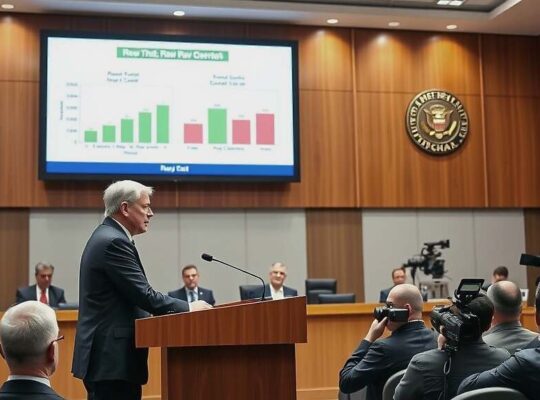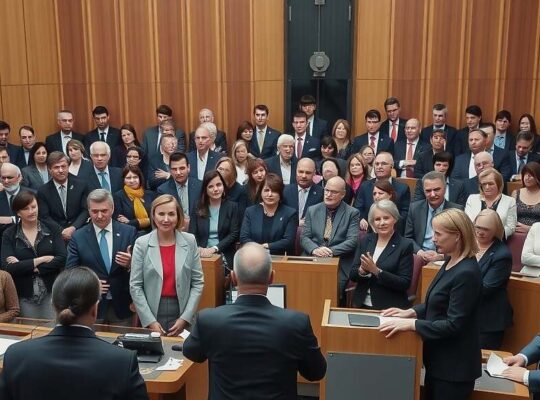The escalating financial strain on municipalities across Germany is triggering a sharp rebuke of national policy and a demand for greater local autonomy in legislative processes. Frank Werneke, chair of the powerful service sector union Verdi, is spearheading the critique, arguing that current legislation consistently burdens local governments without adequate consultation or support.
Werneke’s call for reform centers on the pervasive imbalance in fiscal responsibility; national laws frequently impose costs on cities and towns without considering their ability to absorb them. He proposes a radical shift in power dynamics, advocating for a veto right for municipalities when national legislation directly impacts their finances. “The ideal scenario would be granting local authorities the authority to block legislation that places an undue financial burden on them” Werneke stated. The alternative, he insisted, is for the federal government to directly cover the expenses incurred by such legislation.
This demand arises from a context of significant financial distress. A staggering €180 billion backlog of essential infrastructure investments plagues municipalities nationwide. Projections for this year indicate a collective deficit exceeding €30 billion, a situation Verdi argues is unsustainable and directly attributable to a top-down legislative approach.
The current system, as described by Werneke, relegates local governments to a position of exclusion. “Municipalities don’t even have a seat at the table” he commented, emphasizing the need for a fundamental restructuring of how national and local governance interact. To address this, Werneke suggested incorporating representatives from municipalities into deliberations at the Chancellor’s conference of state premiers, ensuring their voices are heard alongside national policymakers.
Critics suggest Werneke’s proposals, while gaining traction amidst rising municipal anxieties, will face significant resistance within the federal government. The complexities of balancing national priorities with local needs and concerns will undoubtedly shape the debate on how to ensure financial stability and greater agency for Germany’s municipalities. The question now is whether the escalating crisis will force a genuine restructuring of power, affording local authorities a more meaningful role in shaping the legislation that dictates their financial futures.












